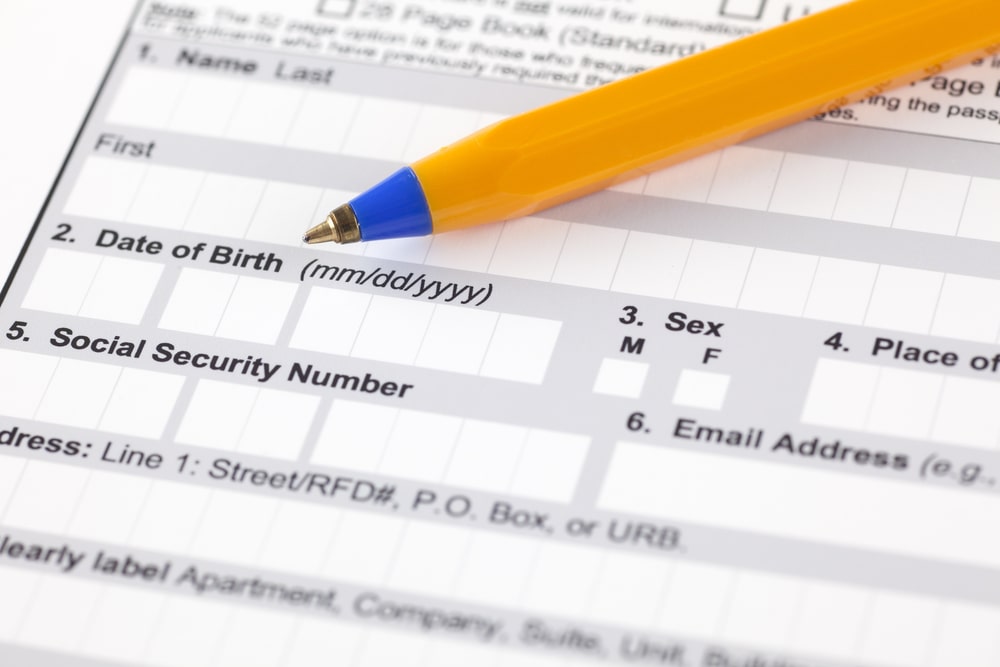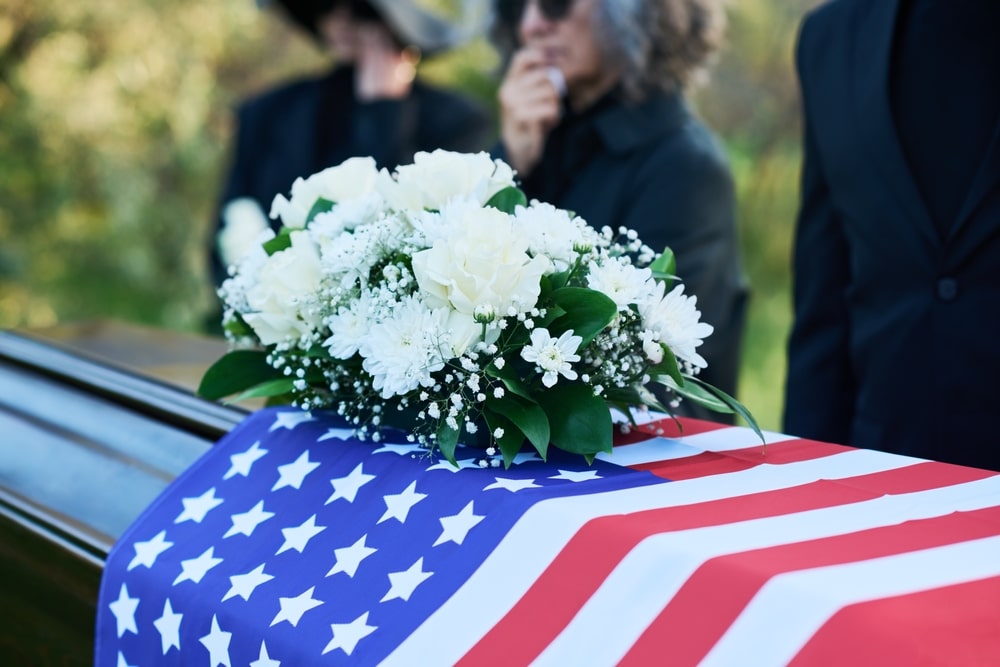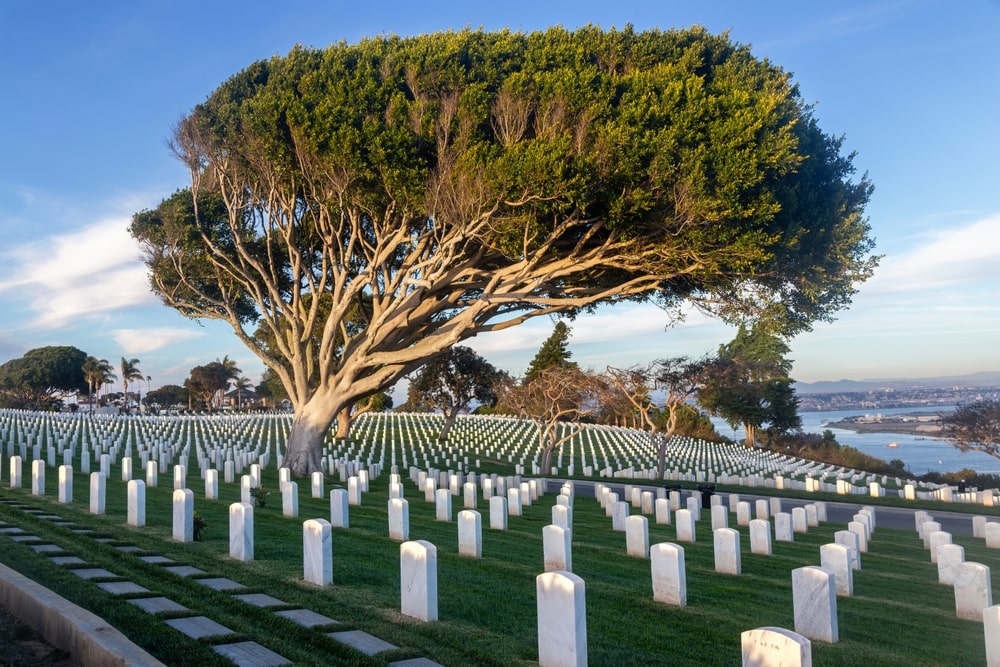When a loved one dies, the emotions of grief can hit hard. These feelings range from person to person and may include sadness, shock, anger, or anxiety. It is during this time of emotional distress that an arrangement conference takes place and a funeral is planned, unless funeral arrangements were taken care of ahead of time. Whether the funeral was planned in advance or the planning is imminent, the funeral home will ask for certain vital statistics about your loved one.
Why does the funeral home need these vital statistics?
Throughout the funeral planning process, the funeral home staff acts as your representative in many ways. They coordinate between third parties, like the florist, clergy, musicians, Veterans Affairs, etc. Also, with the vital information provided, they obtain permits for burial or cremation; in some cases, help prepare the obituary; and submit a request for a death certificate to the county. And if your loved one was a veteran, they coordinate with the Armed Forces for any military honors you may request for your loved one. These are just a few of the details they take care of, but to accomplish these, the funeral home staff needs to know your loved one’s pertinent information.

What vital statistics should I bring with me to the arrangement conference?
If possible, it’s best to prepare this information before you attend the arrangement conference. By doing so, you will make the arrangement conference much smoother and more efficient for yourself and your loved ones.
Be sure to bring these vital statistics to the funeral arrangement conference for your loved one:
- Full legal name
- Address
- Race and gender
- Date of birth
- Date of death
- Place of death (city and county)
- Age
- Social Security Number
- Occupation (kind of business or industry)
- Marital status
- Spouse’s name (if applicable)
- Maiden name (if applicable)
- Father’s name
- Mother’s maiden name
- Education information
- Armed Forces information (including DD-214)
- Name of surviving spouse and family members

Is there anything else I should bring?
It is always helpful to come prepared with obituary information (or an already written draft of the obituary). Additionally, the more you think about the service details, the easier the conversation will go. So, consider what kind of service you want for your loved one, what personalized touches you will add to make the ceremony unique to your loved one, and where will you lay them to rest permanently.
The more information you take with you to the arrangement conference, the better. But no matter what, the funeral home staff will work with you to make sure that, together, you create a ceremony that is healing, meaningful, and uniquely tailored to your loved one’s life and spirit.
If you would like more information on planning a funeral, the following articles may be helpful to you:
Quick Start Resource Guide: Planning a Funeral
What Should I Know When Considering Cremation?
Cremation and the Importance of Ceremony
7 Elements of a Healing and Meaningful Funeral

Or, if you would like more information on planning ahead and getting your affairs in order, go to:
How to Get Started with Funeral Planning
Why Plan Ahead for Funeral Wishes?



